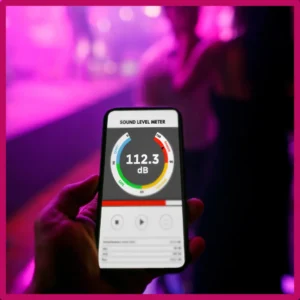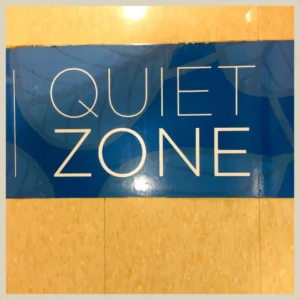The Price of a Bang? Exploring the Link Between Fireworks and Hearing Loss
Fireworks are a thrilling part of celebrations, but they can impact your hearing. Learn how to enjoy fireworks safely and protect your ears.
Fireworks and Hearing Loss: The Hidden Danger
Fireworks can be booming, with noise levels reaching up to 175 decibels. To put this in perspective, a plane taking off produces about 150 decibels. Sounds over 120 dB can cause immediate harm to your hearing. While the dazzling displays are mesmerizing, the accompanying booms pose a severe risk to your ears.

How Fireworks Damage Hearing
The danger from fireworks comes from two main factors: distance and loudness. The closer you are to the source of the explosion, the more likely you are to experience hearing damage. Similarly, the louder the fireworks, the greater the risk. The World Health Organization advises that adults should not be exposed to sounds over 140 dB; for children, the limit is 120 dB. To avoid damage, you should stand at least 15 to 20 meters away from fireworks that explode at 170 dB. For children, this safe distance increases to 50 to 60 meters. Infants are particularly vulnerable and should not be exposed to fireworks at all.
Types of Hearing Damage
Fireworks can cause various types of hearing damage:
- Temporary Hearing Loss: This type of hearing loss can cause muffled hearing or a feeling of fullness in the ears. It typically improves within a few hours or days.
- Permanent Hearing Loss: Repeated exposure to loud noises, including fireworks, can damage the delicate hair cells in the inner ear, leading to irreversible hearing loss.
- Tinnitus: This condition manifests as a ringing, buzzing, or hissing sound in the ear and can be temporary or permanent. Exposure to loud noises like fireworks can trigger tinnitus.
Get answers to the question, “Can you reverse hearing damage?”
Managing Tinnitus After Fireworks
Experiencing tinnitus after fireworks is common. The loud blasts can irritate the hair cells in your inner ear, causing the perception of ringing or other sounds even in silence. This ringing typically subsides within a few hours or days. However, if the tinnitus persists beyond a few days, seeking medical advice is crucial.

Tips for Relief:
- Quiet Time: Avoid further exposure to loud noises and allow your ears to rest.
- Relaxation Techniques: Practices like deep breathing, meditation, and yoga can help manage stress, which can exacerbate tinnitus.
- Pain Relief: Over-the-counter medications like ibuprofen or acetaminophen can help manage discomfort.
- Reduce Noise Exposure: Lower the volume on TVs and music devices to minimize additional noise strain on your ears.
- Distraction: Engage in activities like listening to soft music or podcasts to take your mind off the ringing.
- White Noise: Use a white noise machine or app to mask the tinnitus and help you sleep better.
- Head Tapping: Place your palms over your ears, raise your index fingers, and gently tap the back of your head to create a drum-like sound that can alleviate ringing.
- Reduce Alcohol and Caffeine: While evidence is limited, some people find that reducing alcohol and caffeine intake can help decrease tinnitus symptoms.
Learn more about what helps with tinnitus.
When to Seek Medical Help
Professional help is necessary if:
- Ringing Persists: A doctor’s evaluation is crucial if tinnitus lasts more than a few days.
- Severe Ringing: If the ringing is loud or worsens, seek medical attention.
- Other Symptoms: If you experience hearing loss, dizziness, or ear pain alongside the tinnitus, consult a doctor to rule out any underlying conditions.
Protecting Yourself from Fireworks and Hearing Loss
Protecting your ears from fireworks involves several steps:
- Keep a Safe Distance: To reduce the sound intensity reaching your ears, maintain a distance of at least 500 feet from the fireworks.
- Attend Community Displays: These events are safer than setting off fireworks at home and typically have designated safe viewing areas.
- Use Ear Protection: Wear earplugs or earmuffs designed for noise reduction. Earplugs are convenient for most people, while earmuffs provide a more complete seal and are often better for children.
- Choose Quieter Fireworks: Opt for fireworks like fountains, wheels, and comets, which produce spectacular visual effects with less noise.
- Limit Exposure: Reduce your time near the fireworks and take breaks to rest your ears.
Children’s ears are particularly susceptible to noise damage. Limit their exposure time and ensure they wear appropriately fitted ear protection. Lead by example by wearing your own ear protection and emphasizing the importance of safeguarding your hearing.
Have Fun at the Fireworks, and Avoid the Damage
Fireworks are a joy, but protecting your hearing is crucial. For expert advice and top-quality hearing protection, contact Stanford Hearing today. Stay safe and enjoy the festivities without the risk of hearing loss.
